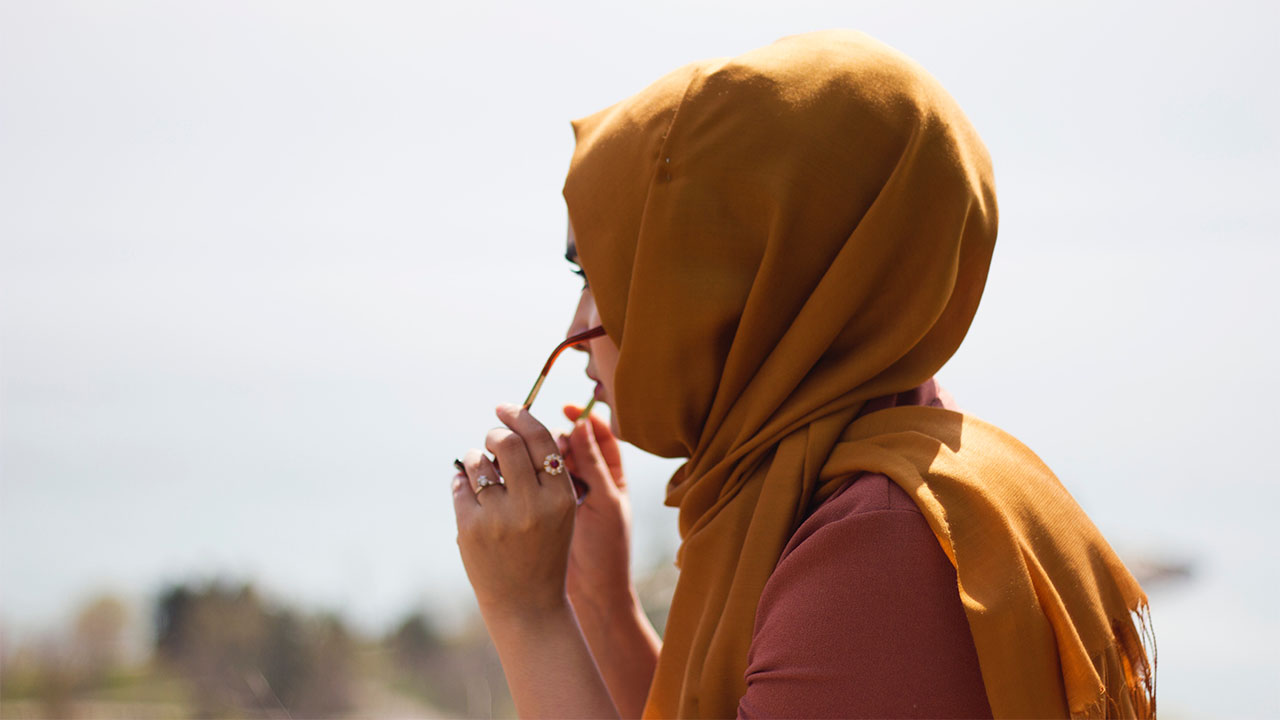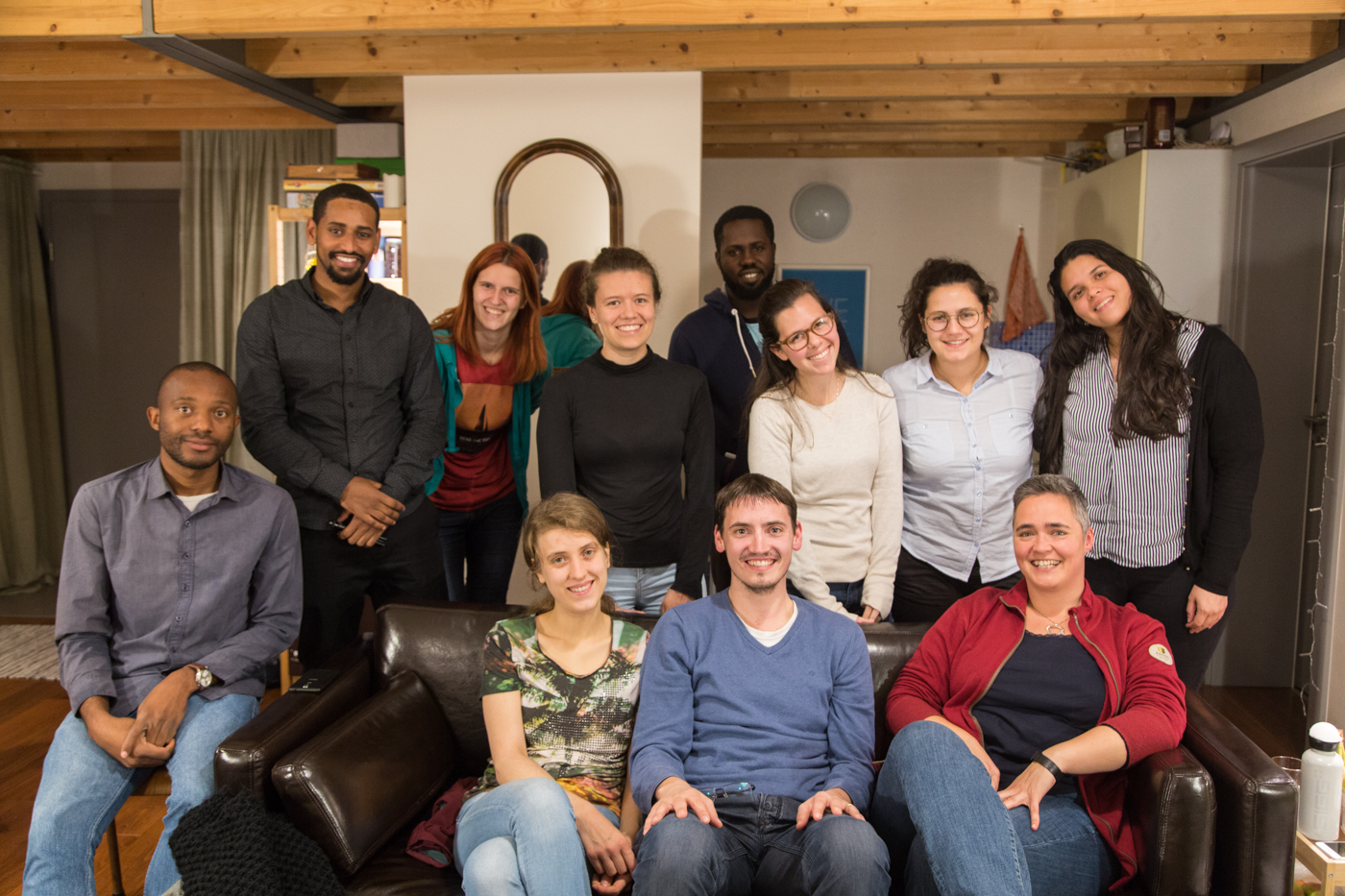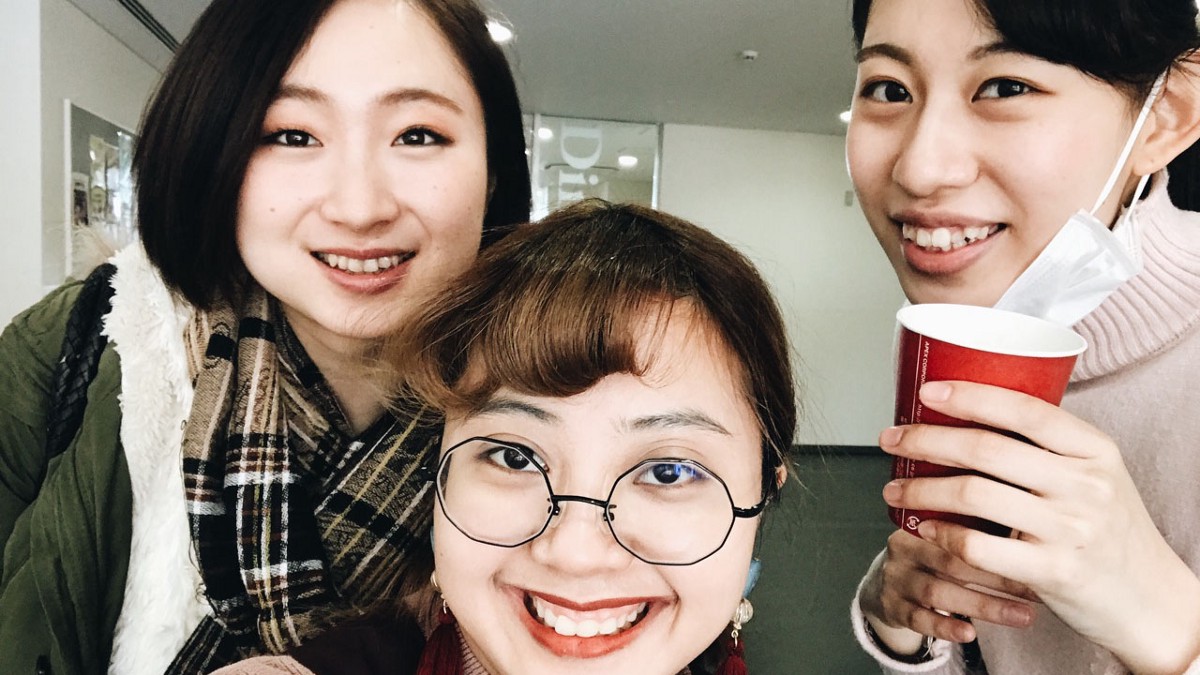Student Camps in Northern Europe
“Who are you, God? Are you there at all? If you’re there, take me to a place where I can find answers.”
God heard Alfred’s* faltering prayer.
It wasn’t long before he had the unexpected opportunity to leave his Muslim community and move to Northern Europe to study for one semester. There, he heard about a camp some Christians were organising for international students. Alfred decided to go along. He was curious. He wanted to know more about the God these Christians worshipped. He wanted to see for himself what the Bible said. Could it be true that Jesus’ sacrifice on the cross was the only way to be forgiven?
Over the following months he continued to meet up with his new Christian friends, asking them questions, watching their lives. They cared for him. When he injured his ankle, they visited him. They spent time eating together, playing games, chatting.
There was another camp at the end of the semester. Alfred delayed his return flight so that he could attend. On the last night the students heard the story of the Prodigal Son. Alfred knew that he wanted that relationship with God as His Father; he wanted the new life Jesus offered. That night he prayed for forgiveness and put his trust in Jesus as his Saviour.
The very next day he shared with the other campers how God had been working in his life over the last few months. He spoke of the change Jesus had made in his heart, of the hope and joy and peace he now felt, of his new desire to love and serve God.
Now back in his home country, Alfred is continuing to read his Bible and pray. But he has no Christian community there. Please pray for protection and for fellowship for him. Pray that he’d have opportunities and wisdom in sharing his new faith with his family and friends. It’s not going to be easy for him.
*name changed
Hospitality in Eastern Europe
I had never intended to work with Muslim students. I didn’t know much about Islam. I didn’t particularly want to. But as I opened my home to host international students, I was surprised to find that half the students turning up each week were Muslims. And so, I sort of stumbled into this exciting ministry, learning as I went.
Apart from the social activities we organise, we also offer a weekly English Bible Study. Although the Bible studies are open to all international students, it’s the Muslim students who are regular. Over the past few years, we’ve had the chance to study the Bible with Muslim students from Azerbaijan, Georgia, Turkey, Yemen, Mauritania, and Burkina Faso.
One thing I’ve realised is that working with Muslim students doesn’t require a lot of training, or a certain type of personality, or big outreach events. We’re just ordinary Christians. We try to make our Muslim friends welcome, asking them questions and getting to know what they believe. Because religion is a big part of their lives as well, talking about spiritual matters happens surprisingly naturally.
Small things make a real difference: making sure we cook without pork; waiting to eat dinner together after sunset during Ramadan. Hospitality is such an important part of Muslim culture. Sometimes they cook for us too — once we had eight Yemeni students come over to cook us traditional Yemeni food!
I’m so grateful that God brought these students into my life. I know that God is at work in all of the international students in our groups, but it seems more apparent with the Muslim students. I encourage everyone to become friends with a Muslim student or two, and see how God will use you to have an impact in their lives, and them in yours.
Mission trips to North Africa
It was my first time going to North Africa. I was totally captivated on arrival.
The heat, the noise, the smells, the colours! It was so different from what I’d ever experienced in Europe. The people on the street were warm and friendly. But I was also struck by the poverty of many. Such a contrast from the wealth I consider normal back home.
The five days went quickly. We got to know one young Muslim woman. She had suffered a lot, having been treated badly by some of the men in her life. We talked to her about God’s love for the broken and the lost. We were able to give her a copy of Luke’s gospel before we left, and she and I have stayed in contact since. She’s invited me to go back and visit in the future.
We also met a local man who had converted from Islam to Christianity, along with his wife and two daughters. He had spent time in prison because of his faith. His children were being excluded at school because they didn’t wear the headscarf or take part in Ramadan. And when his family met up with other Christians, they had to do it in secret. It was incredible to see his strong faith, enduring real suffering with joy, for the sake of Christ.
It made me ask: why am I so afraid to talk about my faith with my friends back home, when the only thing I might lose is my self-image and not my life?
Coming back, I have a new appreciation of the privilege of knowing Jesus and of the freedom I have to talk about him in Europe.
International Student Forum in Eurasia
Earlier this year my friend and I travelled to a neighbouring country in Eurasia to help out at a camp for international students. There were more than sixty participants from 12 countries. Many were from closed Muslim countries that we can’t go to. There were talks explaining the Christian faith, and lots of other fun activities throughout the day — sport, national dances, games, music, drama!
We were both helping to lead small discussion groups. During those group times we discussed big questions such as, ‘Who is God?’ ‘What is sin?’ ‘How can we be saved?’ I was able to share what it means for me to be a follower of Jesus and why I decided to follow Him.
As we chatted together I believe that the Holy Spirit was at work in the hearts of these Muslim students. Some of them shared their reflections:
“God helped me to find myself through this forum. I found out who I am.”
“After this forum I’m starting to get an interest in relations with God.”
“I am really eager to find the Truth after this forum.”
Please pray for these students.
Discussing the Quran and the Bible in France
Why would they only discuss the Bible and not the Quran?! The Turkish student was furious and said he’d never come back.
That was what prompted me to try something new.
We now have five discussion groups across the country. Muslim students and Christian students come together to discuss what they believe in a friendly, respectful environment. They ask questions and learn about each other’s faith. We look at topics such as ‘What is faith?’ ‘Who is God?’ “Men and women in the Bible and in the Quran’, and ‘Prayer’.
French universities welcome more than 70,000 students every year from Muslim countries such as Morocco, Algeria, Tunisia and Senegal. There are also many French students of Muslim faith. Over the last three years, 60 Muslim students have participated in these discussion groups. We praise God for these 60, but are all too aware of the vast numbers yet to be reached.
Pray that more groups would be started across the country. Pray that the Muslim students who have already heard the gospel would come to faith in Jesus.
These discussion groups are known as ‘ABC’ groups (Autour de la Bible et du Coran). There are resources available in French for students wishing to start discussion groups at: http://croissance.gbu.fr/?cat=74.
Buddy program in the Netherlands
It was an everyday sight. A group of students, laughing together, as they slipped and skidded around an ice rink. But what made this group unique was that half of them were Dutch Christians; the other half were Middle Eastern Muslims.
The buddy program, linking up international Muslim students with local Christian students, has prompted many new friendships. The ‘buddies’ meet up at least once every two weeks. It’s more than just an opportunity to practise Dutch. It’s genuine friendship. And through it, the Muslim students are getting the chance to hear about the God of the Bible for the first time in their lives.
There have also been dialogue evenings organised for Muslim and Christian students, to learn more about the others’ beliefs. Big questions get discussed:
“What does it mean for you to pray?”
“Could God forgive you if you kill someone?”
“What do people in the church here actually think about us Muslims?”
Many have been keen to know more. Some have also been willing to read the Bible.
And with the recent arrival of many refugees (including students) from Islamic countries, the opportunities to reach out to Muslims are abundant. Pray that we would make the most of this unprecedented opportunity to share the hope that we have with those who are lost without it.









